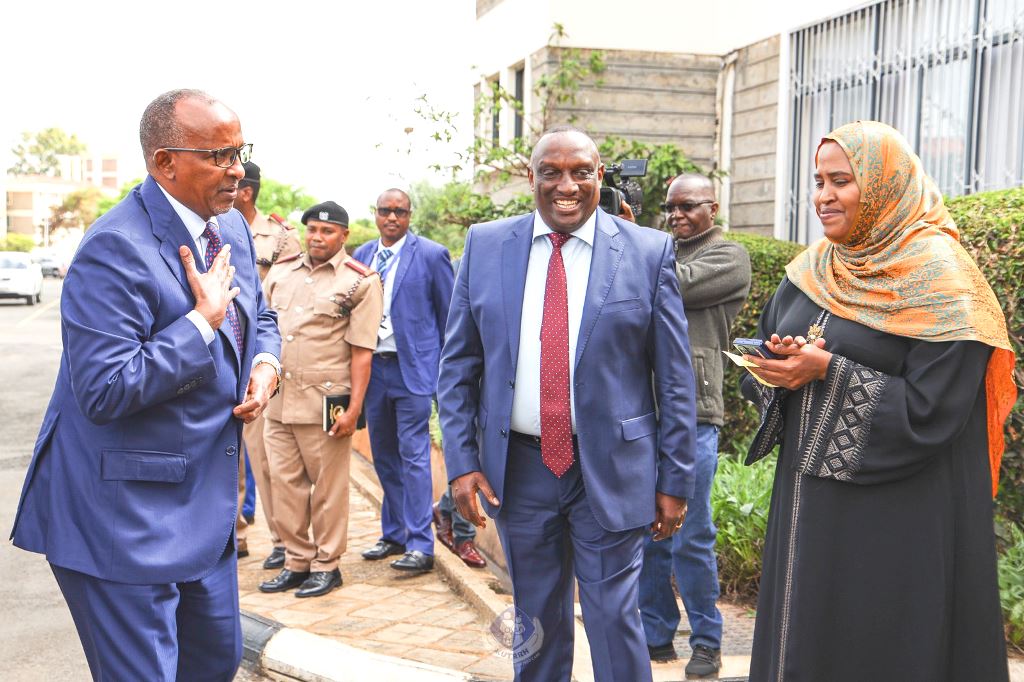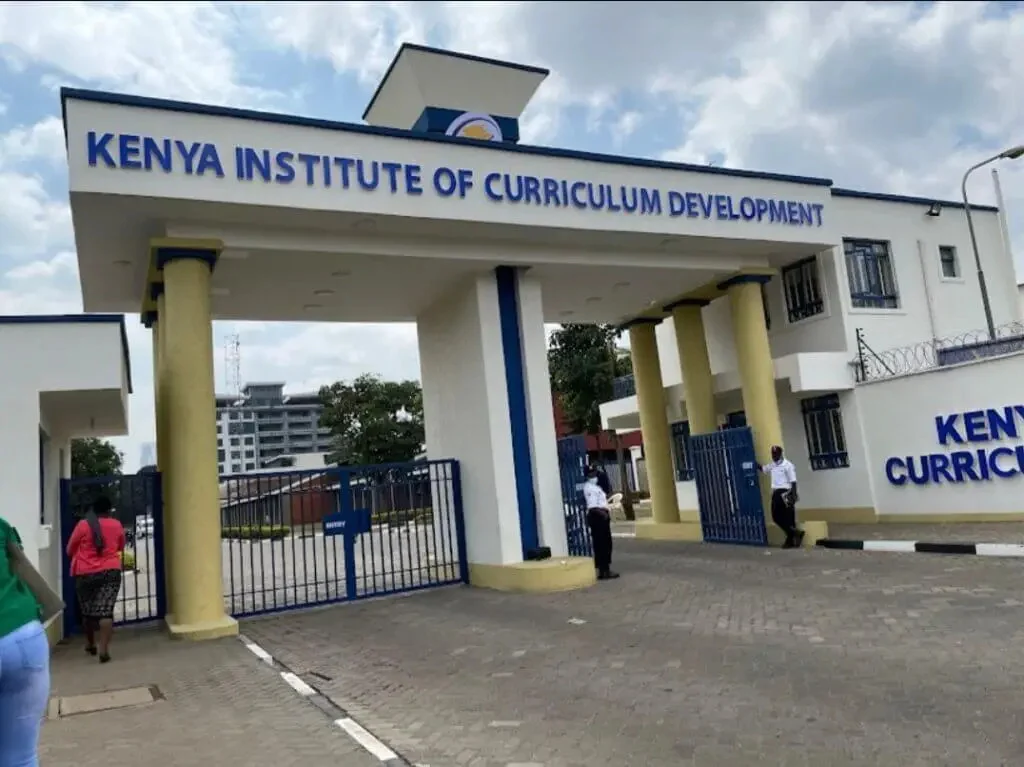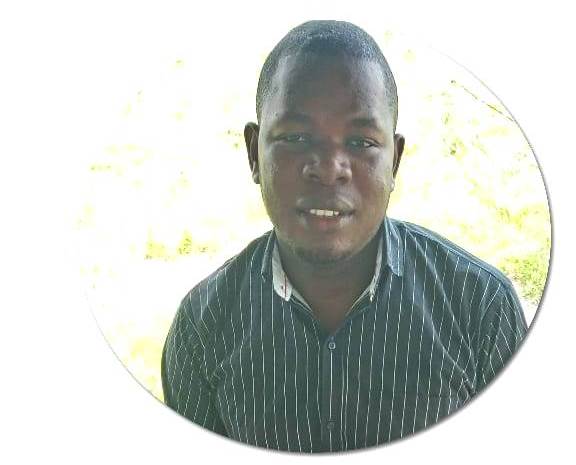The Ministry of Health has instructed all health facilities to record all infant and maternal deaths to review mortality rates nationwide.
Cabinet Secretary Aden Duale said the government cannot tolerate infant and maternal mortalities, which are said to be on the rise in medical facilities.
Duale, who spoke during the 4th graduation for specialised nurses in Oncology Nursing, Critical Care Nursing, Perioperative Nursing, and Nephrology Nursing at the Kenyatta University Teaching Referral and Research Hospital (KUTRRH), said that in this day and age, not even one mortality should be tolerated.
“Any maternal or newborn death is one death too many, and this is not merely a concern; it is a call to action. As a Ministry, we are moving from statements to systems that prevent avoidable deaths during mothers’ delivery,” emphasised Duale.
The CS was accompanied by the Principal Secretary for Public Health and Professional Standards, Mary Muthoni; the KUTRRH CEO, Dr Zeinab Gura; and the KUTRRH Board Chairperson, James Kibugu.
Duale said that President William Ruto is keen to reduce maternal mortality rates in the country, noting that the government is already aligning the entire health system to deliver results.
The CS said that the Government is set to conduct a nationwide reproductive age mortality survey to determine the actual number and causes of deaths, including maternal deaths.
“This will help us align resources, skills, and collective actions to what is actually happening on the ground so that interventions are targeted, timely and lifesaving,” he quipped.
The CS averred that the Ministry will accelerate digitisation and discipline the use of maternal and perinatal deaths surveillance and response, adding that every case will be reviewed on time and actions assigned to officers, all in a bid to save newborns and mothers.
Duale also divulged that the Health Ministry will tighten standards on triage and referral, oxygen and safe blood availability in every health facility.
READ ALSO:
“We will also do a 24-hour theatre readiness surveillance, neonatal resuscitation capacity, early escalation protocols and consultant backups in our hospitals. We must have very respectful maternity care,” the CS noted.
He cautioned medics and health facilities against failure to report accurate date or giving falsified data on maternal deaths across the country saying that it will be treated as a criminal offence under the Digital Health Act.
Duale announced that the Ministry will introduce, under the country’s digital health highway, a rule requiring medics to outline the reasons for all maternal and newborn mortalities every morning in all healthcare facilities across the country.
“We want to make sure that no mother, who’s not a patient, who’s healthy and walks in our facilities to give us a living, we are told that that mother and her newborn are dead. We will not accept that because it is immoral, unconstitutional, and it’s upon us to deal with maternal and newborn deaths in our country,” he said.

On her part, Dr Gura reiterated that KUTRRH is committed to delivering patient-centred, evidence-based healthcare that enhances the well-being of Kenyans and contributes to global health.
“Our unwavering commitment to high-quality, patient-centred care has led to improved patient satisfaction and health outcomes, while also enhancing the professional fulfilment of our healthcare providers. Our hallmark specialised care continues to deliver exemplary services through highly qualified consultants, positioning KUTRRH as a regional model of healthcare delivery,” she said.
She divulged that the facility, in its bid to enhance quality healthcare services for Kenyans, is increasing bed capacity, upgrading facilities to serve patients better, and investing in cutting-edge research and innovative healthcare solutions to address emerging challenges.
She divulged that the Hospital is also expanding specialised training programs and fostering global collaborations to ensure world-class professional development.
“We are also strengthening community outreach through health programs and partnerships that promote grassroots wellness as well as implementing sustainable practices and green initiatives to support environmental health,” Dr Gura said.
KUTRRH Board Chairperson James Kibugu noted that the shortage of specialised nurses in the country is due to low student enrollment, largely because of difficulties in releasing students from county governments.
This, he said, has hindered program growth and access to specialised training.
He urged the Ministry of Health to work closely with county governments to establish frameworks that facilitate student release and funding.
“This collaboration is essential to ensure that aspiring nurses can pursue their education and contribute meaningfully to our healthcare system,” Kibugu said.
By John Kamau
You can also follow our social media pages on Twitter: Education News KE and Facebook: Education News Newspaper for timely updates.
>>> Click here to stay up-to-date with trending regional stories
>>> Click here to read more informed opinions on the country’s education landscape
>>> Click here to stay ahead with the latest national news.






